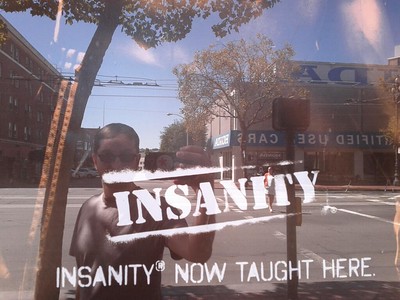Yesterday, I wrote about Berkshire Community College and its new partnership with Wayfair. BCC is recruiting individuals to complete a workforce development training course that Wayfair sponsors. Once a person has completed the month-long course, Wayfair will hire the individual to work in its customer service department. The starting pay for the individual is $16.85, which is below the living wage for Berkshire County.
I have said (and will continue to say) that community colleges – regardless of where they are – should not engage in workforce development partnerships that produce low-wage jobs. A full-time worker making $16.85 per hour will make about $35,000 per year. In 2021, single adults living in Berkshire County needed an annual income of $37,000 to make their particular trains run on time.
Developing training programs for employers who cannot (or will not) pay a living wage is a waste of community resources. Creating ALICE households does not serve anyone’s best interests. So why do it? Those engaged in workforce development must clearly understand that creating individualized training programs for local employers is a worthwhile endeavor if and only if the deal meets the needs of everyone involved. That would be the employer, the prospective employee, and the taxpayers who underwrite the costs of “workforce development” at the community college level.
Filling a low-wage job certainly meets the needs of the employer, but it doesn’t do much for the employee, and it certainly doesn’t help the community. Workforce development departments should not engage in short-sighted relationships with local employers who don’t want to (or don’t have the wherewithal to) train their own workers.
The ugly truth about corporate personhood
A recently released report from the Harvard Business School examined the relationship between employers and community colleges. It seems that employers complain that community college graduates are not “workforce-ready.” Community colleges, on the other hand, accuse employers of being non-participatory when it comes to designing their academic programs.
So, why is the relationship between employers – who want perfectly trained candidates but don’t want to (and in many cases cannot) identify the skills they want or need – and community colleges so fraught?
I think it’s worthwhile to consider a legal construct that has taken a lot of flack since it was introduced in 1906: corporate personhood.
No rational human being would recognize a corporation as a person, but the Supreme Court in 1906 saw fit to equate corporations with people. Psychologists have written a lot about the behavior of corporations, and how it lines up with normal human behavior. As it turns out, it’s not pretty.
Corporate behavior is, at best, sociopathic. This is because corporations have a nearly exclusive focus on their own self-interests. In the case of a corporation, this manifests in the form of profit-seeking. Everything corporate action is taken in the name of making money. In a natural human being, this behavior would be abnormal.
Corporations measure their strategies and results in 90-day segments. This laser-like focus on the short-term means that only rarely can corporations even consider long-term strategies or pursue outcomes outside of the current quarter.
Current workforce development approach will fail
In the context of this myopic approach, it is no wonder the corporate person cannot articulate the skills it requires of its workers. That is simply outside of the range of its focus, which is making more money than it spends. It is also no surprise that the corporate person does not know (or care) that it has a participatory responsibility in developing programs that train its workers. And it comes as no surprise that the corporate person digs in its heels when asked to contribute, even when the contribution would ultimately serve the corporate person well. Finally, the corporate person has a brutally short lifespan; three-fourths do not make it past 15 years.
Community colleges, on the other hand, are not reactive in the way a corporate person is. The community college does not turn on a dime. Semesters can be 15-16 weeks long, start-to-finish. Degree programs can take two years or more to complete. Additionally, a community college cannot build programs based on what an individual employer needs or values.
Workforce development is a match made in Hell between largely uncooperative employers and largely ignorant community college administrators. We need to stop wasting time and money on this approach.
Photo Credit: Avidd, via Flickr















